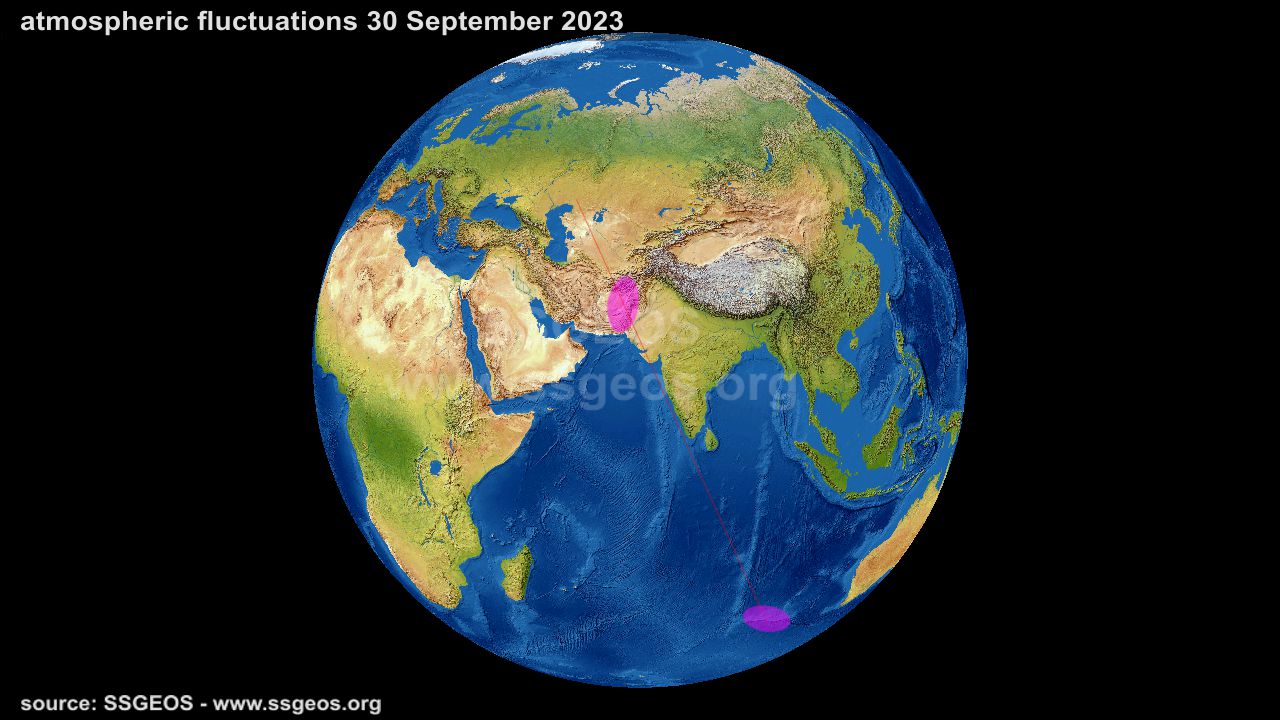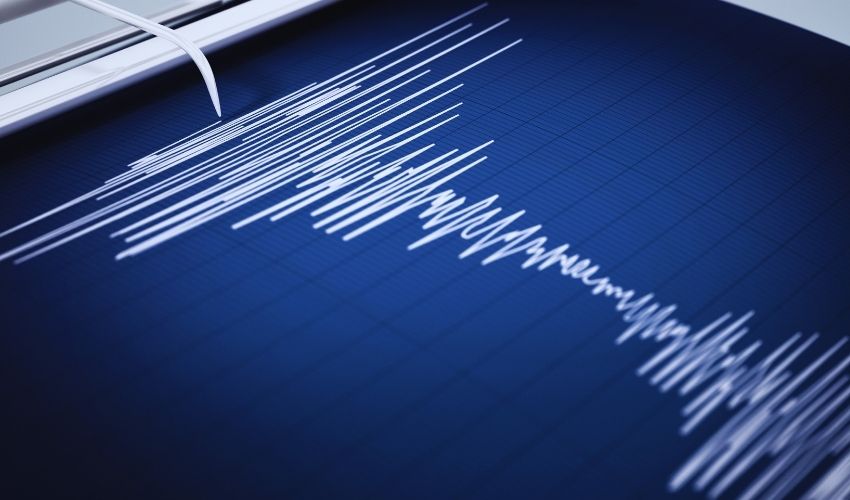The Solar System Geometry Survey (SSGEOS), a Netherlands-based organization known for its seismic predictions, has made headlines by forecasting a major earthquake in Pakistan.
According to the SSGEOS, this seismic event is expected to strike Pakistan within the next 48 hours.
The SSGEOS specializes in monitoring fluctuations of electric charge in the atmosphere near sea level, which they claim are indicative of regions where stronger seismic activity might occur, typically within a range of 1 to 9 days.
While the organization emphasizes that the regions they mark as potentially affected are approximations, they provide valuable insights into potential earthquake-prone areas.
In a recent prediction, the Dutch scientist working with SSGEOS reported a significant surge in electric activity along the Chaman fault lines in Pakistan.

This surge has sparked anticipation of a powerful earthquake occurring within the next 48 hours, causing concern among the local population.

Notably, this Dutch scientist has a track record of accurately predicting earthquakes, most notably forecasting the devastating quake in Turkey earlier this year. Tragically, the Turkish earthquake resulted in the loss of over 47,000 lives.
Read Also:‘Accurate guess not possible’: Pakistan rejects scientist prediction of strong earthquake
In the past, the PMD has consistently dismissed such predictions, citing a lack of scientific basis for earthquake forecasts.
Pakistan is located in a seismically active region due to the convergence of the Indian Plate and the Eurasian Plate, making it vulnerable to earthquakes.
Throughout its history, the country has experienced several significant earthquakes, and the threat of seismic events remains a constant concern.
Expert opinion
Seismologists worldwide continue to emphasize the inherent difficulty in accurately predicting earthquakes. While it is possible to estimate the likelihood of earthquakes occurring in certain areas due to high seismic activity, pinpointing exact locations and timings remains a challenge.
Therefore, experts stress that earthquake forecasts, even those made by well-intentioned scientists, should be viewed with caution.



























